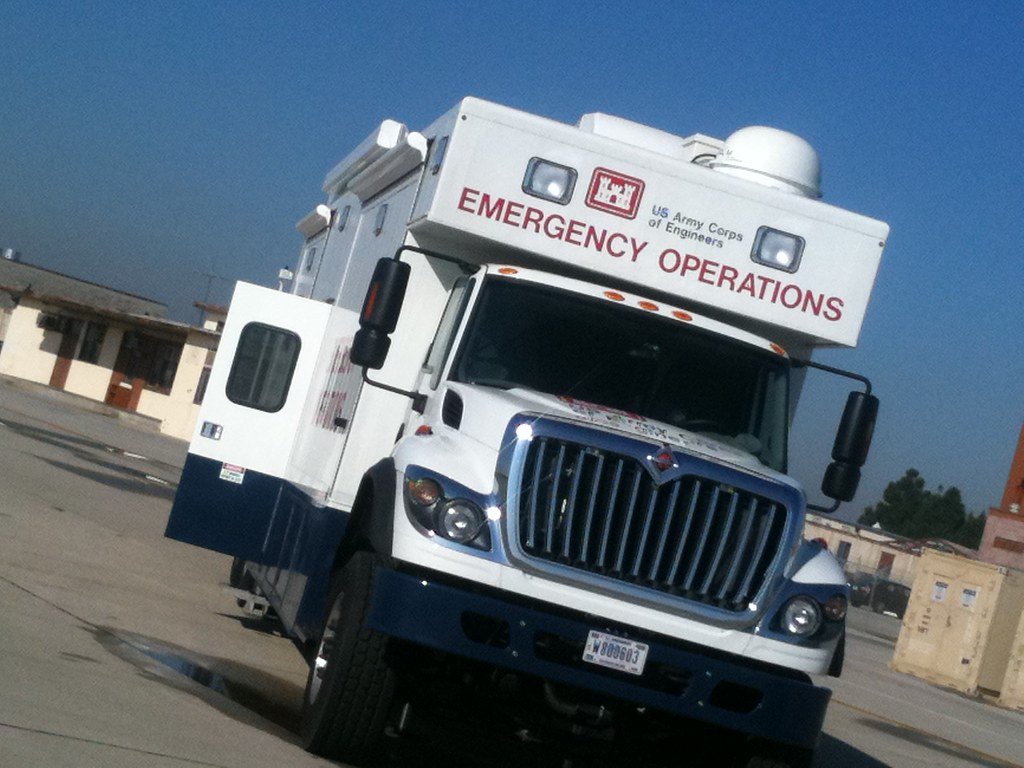 assisted living facilities
assisted living facilities
As individuals age and transition into independent living facilities, concerns about managing medical emergencies become increasingly important. The ability of these facilities to handle such emergencies effectively can significantly impact the well-being and safety of residents. Recent attention to this topic stems from the growing population of older adults seeking alternative housing options and the need for reassurance regarding their health and safety in these communities. While independent living facilities aim to promote autonomy and independence, they must also ensure prompt and appropriate responses to medical emergencies to provide residents and their families with peace of mind.
Exploring the Facets
Independent living facilities employ various strategies to handle medical emergencies, including:
- Emergency Response Systems: Many facilities have emergency call systems in place, allowing residents to alert staff quickly in case of an emergency.
- Source: Elder Care Alliance – Emergency Response Systems
- Staff Training: Facility staff receive training in first aid, CPR, and emergency response protocols to effectively address medical emergencies as they arise.
- Source: National Institute on Aging – Emergency Preparedness in Senior Living
Challenges and Considerations
Several challenges and ethical considerations surround the handling of medical emergencies in independent living facilities:
- Balancing Autonomy and Safety: Facilities must strike a balance between promoting residents’ autonomy and ensuring their safety, particularly in emergency situations where immediate intervention may be necessary.
- Source: Journal of the American Medical Directors Association – Autonomy and Safety in Senior Living
- Communication and Coordination: Effective communication and coordination among staff, residents, families, and emergency responders are essential for timely and appropriate responses to medical emergencies.
- Source: Aging Life Care Association – Communication in Emergency Situations
Case Studies or Real-world Applications
Case Study 1: Rosewood Senior Living Community
Rosewood Senior Living Community implemented an emergency response system that integrates wearable devices with GPS tracking and fall detection technology. This system allows staff to locate residents quickly in emergencies and provides real-time alerts for potential falls or medical incidents.
Case Study 2: Maple Ridge Retirement Village
Maple Ridge Retirement Village faced criticism after a resident’s family raised concerns about delayed response times during a medical emergency. This incident prompted the facility to review and revise its emergency response protocols, focusing on staff training and communication improvements.
Conclusion
In conclusion, the ability of independent living facilities to handle medical emergencies effectively is paramount in ensuring the well-being and safety of residents. While facilities employ various strategies and technologies to address emergencies, challenges such as balancing autonomy with safety and ensuring effective communication persist. As the landscape of senior living continues to evolve, ongoing efforts to improve emergency preparedness and response will remain essential.
Q&A Section
- What types of medical emergencies are most common in independent living facilities?
- Common medical emergencies in these facilities include falls, heart attacks, strokes, respiratory issues, and medication-related incidents. Prompt recognition and appropriate response are crucial in managing these emergencies effectively. Source
- How quickly do staff typically respond to medical emergencies in independent living facilities?
- Response times can vary depending on factors such as the severity of the emergency, the facility’s emergency response protocols, and the availability of staff. Facilities strive to respond promptly to all emergencies to ensure residents receive timely assistance. Source
- What should residents do in case of a medical emergency in an independent living facility?
- Residents should activate the facility’s emergency call system immediately and provide information about the nature of the emergency and their location. If possible, they should also notify nearby staff or neighbors for assistance while awaiting help. Source
- Are there medical professionals on-site at independent living facilities to handle emergencies?
- While some facilities may employ medical professionals such as nurses or paramedics, most rely on trained staff members to provide initial emergency care and coordinate with external emergency responders as needed. Source
- How can families ensure that their loved ones receive prompt and appropriate care during a medical emergency in an independent living facility?
- Families can advocate for their loved ones by staying informed about the facility’s emergency response protocols, communicating regularly with staff about any health concerns, and participating in care planning discussions to ensure that emergency contacts and preferences are documented and accessible. Source
For further exploration of the topic, readers can refer to the provided sources embedded within the article. Additionally, if you or someone you know is in need of senior care, please fill out our form, and a specialist will reach out to assist you.
Need help? Let us know how we can match you.
